
The Train (2021)
Who is destroying the Roman Catholic Church?
Gênero :
Runtime : 1H 30M
Director : L. Steven Stanley
Sinopse
THE TRAIN is an allegory inspired by current events. There is an ongoing battle between good and evil, and Christianity is now under severe persecution. The film starts in the not-too-distant future in the year 2041 and it pivots between two different timelines. This film illustrates the conflicts as well as the erosion evil powers have created within the Roman Catholic Church. The laity itself becomes the main force holding the church together, as it fights the powers of darkness that takes the lives of Father Michael, Christie and her two daughters, Anna and Mary. The evil "Grandmother" who is the head of an ancient crime syndicate, and hates all of humanity, is desperately trying to get her hands on a vial which contains some droplets of the blood of Christ, now in the possession of Cardinal Langham, who bravely stands up to the communist forces that are chopping Christian's heads off.
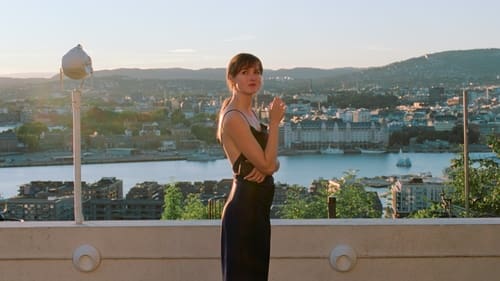
Narra quatro anos na vida de Julie, uma jovem mulher navegando como águas turbulentas de sua vida amorosa e lutando para encontrar seu caminho profissional, o que a leva a ver quem ela realmente é.
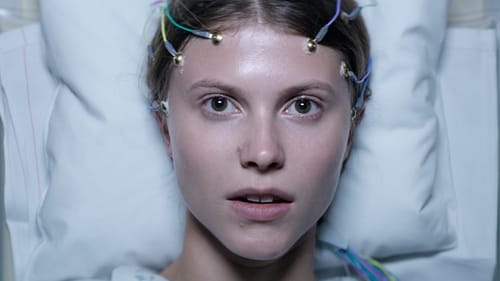
Thelma é uma jovem e tímida garota que acaba de deixar a casa dos pais para estudar em Oslo, onde começa a viver seu primeiro amor. Seu relacionamento logo é afetado pela intromissão opressiva de sua família, que com suas crenças religiosas fundamentalistas conseguem abalar a vida da jovem. Quando Thelma fica chateada, coisas estranhas começam a acontecer e esses fenômenos sobrenaturais só aumentam. Enquanto busca respostas sobre esses poderes que ela não consegue controlar, seus pais severos e religiosos se preparam para o pior.

Anos após a morte da mãe (Isabelle Huppert) em um acidente de carro, Jonah (Jesse Eisenberg) volta para casa para uma retrospectiva de seu premiado trabalho como fotógrafa de guerra e reencontra o pai (Gabriel Byrne) e o irmão caçula (Devin Druid) ainda abalados pelo trauma. Com mágoas não superadas, os três buscam uma conexão através das lembranças completamente diferentes que têm da mulher.
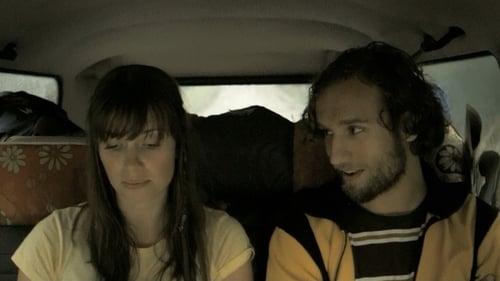
Its the summer of 1974. Four friends have planned a recreational weekend hiking and camping in the forest. At a remote truck stop they pick up an anxious hitchhiker who only after a short ride demands they stop the vehicle. She is clearly frightened of somethingbut what she cant begin to describe in her carsick terror. Suddenly the group are ambushed and left unconscious.
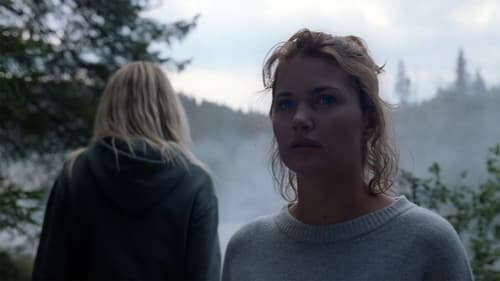
Após a misteriosa morte de seu irmão gêmeo, uma jovem viaja com amigos até uma cabana perto do lago onde tudo aconteceu. Rapidamente, eles percebem que lugar tem outros visitantes misteriosos. Inspirado no clássico filme de terror de 1958.
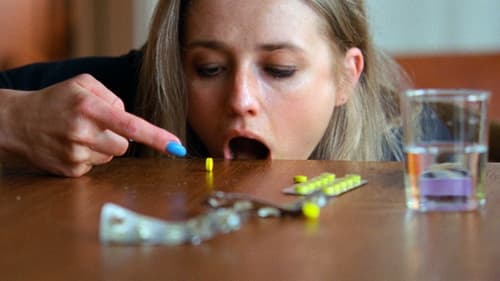
Signe e Thomas estão em uma relação competitiva que toma um rumo cruel quando ele de repente explode como artista contemporâneo. Em resposta, Signe tenta desesperadamente recuperar seu status criando uma nova persona infernalmente empenhada em atrair atenção e simpatia a qualquer preço.

The Devil of Comparisons (original title: El Demonio de las Comparaciones), was a 30-hour black & white silent film from 1929 by Narding Salome Exelsio (1883-1949). It explores the cyclical lives, deaths, and rebirths of Jose Rizal and his characters (played by hitherto unidentified actors) in a wasteland ruled by demons.

With the aid of usb microscopes and X-ray scanners, this is the first of many test films, peering into the surface structure of decayed and rotted 35 mm celluloid film. Thank you Brian Eno for the music.

“And, 'twixt the shadows and frights of nocturnal splendors, My beloved will secretly be hiding. Say what you will, say what you may.” The sound of a distant whistle and theorbo calls a sleeping singer through the empty streets of Stuttgart in a midnight journey to the opera house. ‘dei notturni splendori’ is an experimental opera film made for the Staatsoper Stuttgart in the early months of the Coronavirus pandemic lockdown. Anderson Matthew captures the singer Helene Schneiderman through a midnight dream with a hand-cranked kino camera in an ecstatic 35mm photo roman, in search for her own performance of the Tarquinio Merula madrigal Folle é ben chi se crede from 1638.

THE TRAIN is an allegory inspired by current events. There is an ongoing battle between good and evil, and Christianity is now under severe persecution. The film starts in the not-too-distant future in the year 2041 and it pivots between two different timelines. This film illustrates the conflicts as well as the erosion evil powers have created within the Roman Catholic Church. The laity itself becomes the main force holding the church together, as it fights the powers of darkness that takes the lives of Father Michael, Christie and her two daughters, Anna and Mary. The evil "Grandmother" who is the head of an ancient crime syndicate, and hates all of humanity, is desperately trying to get her hands on a vial which contains some droplets of the blood of Christ, now in the possession of Cardinal Langham, who bravely stands up to the communist forces that are chopping Christian's heads off.

Stacey is a young mother trapped in a violent marriage who wants to see her daughter as Cinderella in the school play but must first escape the nightmare of her own Prince Charming.

Today, the art world and beyond is obsessed with shooting analog. Whether it's a fashion house seeking to bring a new edge to their creative work, an amateur perusing eBay for the perfect vintage Polaroid, or an influencer attempting to capture a comforting retro aesthetic on social media, analog photography has piqued the interest of people everywhere. Is this resurgence a backlash against digital photography? Is it just a trend perpetuated by our desire for authenticity in an increasingly superficial world? Or is it something else entirely?
Grain: Analog Renaissance is a documentary by Alex Contell and Tommaso Sacconi that explores the stories of those committed to using film in modern day photography.

Some Things Hidden (2020) is an experiment in rhythmic succession of still images to create illusions of movement through space in an altered time. The film documents a day with the artist and his parents on a hike through active bear country, beneath the Grand Tetons in Wyoming using a hand cranked 35mm movie camera.

“Nauseous,” is a spontaneous experimentation with light and shadow that taken in a still photograph made into a moving image. Using only 35mm analogue camera. Some of the photos are archival photos during the production of GMIII: Essay 23-28 (short film project) while several other are taken in a nauseous state. During the state, the photos are barely planned and to be thought of, in resulting a pure sporadic irregular experimentation of black and white medium. An attempt of visualization the concept of duality (black (+) white) and human irrational yet vivid visual of sickness.











